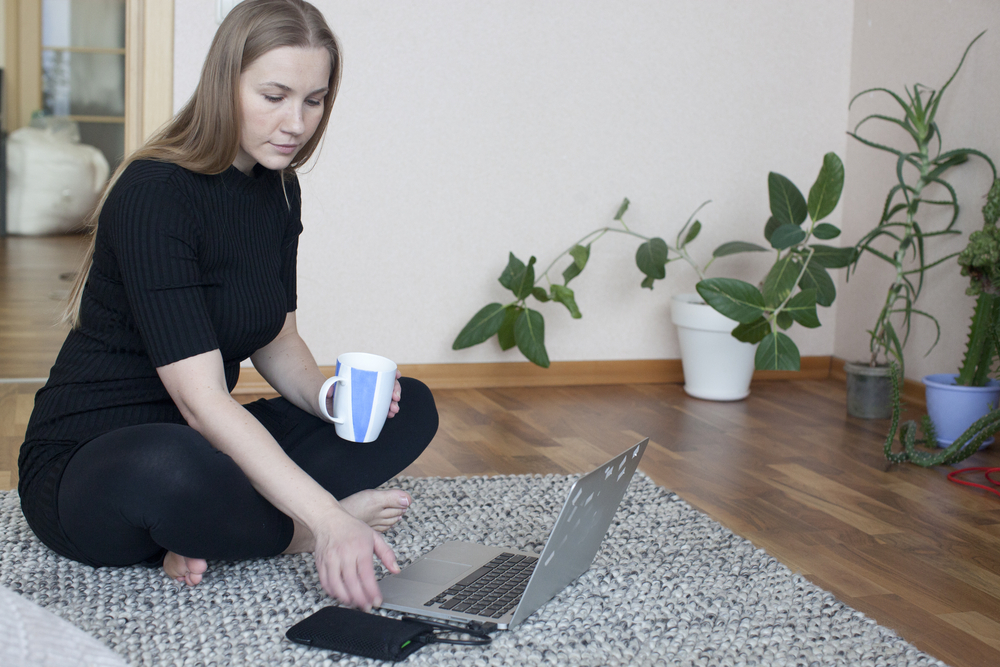News
Gender pension gap widens significantly when women hit 35

The gender pension age gap starts from a young age, but the gulf in contributions is more prominent when women reach the age of 35.
The gap in pension contributions has widened for some age groups, while for others it has narrowed in the past year, according to Aviva analysis.
Based on the workplace pension data from five million plans, the gap between women’s and men’s pension contributions for a 35-39-year-old has risen to 21%. It was recorded as 18% last year.
The gender pension gap then rises to 24% for those aged between 40 and 44, while for 45-49-year-olds, it widens to 27% (down from 29% last year).
However, this figure stretches further to 32% for those aged 50-54. According to Aviva, the gender pension imbalance also persists into retirement with women aged 60-65 having half (57%) the size of men’s pots at the same age.
Aviva’s Working Lives report found that 40% of women are more likely to say their workplace pension will not give them a comfortable retirement. Meanwhile, 28% of men said the same.
For part-time workers, the figures came in at 46% of women and 33% for men.
Michele Golunska, managing director for wealth and advice at Aviva said its analysis suggests a “clear line in the sand around the age that women are often making milestone career and childcare decisions and considering opting to work part-time”.
She said: “Pension contributions are unlikely to be a deciding factor when considering whether to work part-time, but what is important is that the long-term impact on a pension is understood when making that decision. This is crucial to good financial planning.
“Some might consider upping their pension contributions, but this would have to be carefully balanced against disposable income. An option that some parents may consider is sharing the caring responsibilities to help spread the long-term impact on pension savings.”
Ten tips to reduce your gender pension gap
Aviva lists these tips to help reduce the difference in pension contributions between women and men:
- Check Aviva’s free online retirement tools My Retirement Planner and Shape My Future to help you work out if you are on track for a comfortable retirement.
- If you are working part-time and automatically enrolled into a workplace pension scheme, consider increasing your monthly contributions, if it is affordable.
- If you earn less than £10,000 per year, speak to your employer about your options for joining your company pension scheme.
- If you are thinking about reducing your working hours to help balance family life, you might want to consider whether it is better for you or your partner to work part-time. As part of those considerations, you might want to look at which of you gets higher employer pension contributions.
- When it comes to saving into a pension, starting early allows a small contribution to build up over time.
- Long-term relationship circumstances can change and should divorce become a possibility, keep pensions at the forefront of your mind when splitting assets. Sharing pensions as part of a divorce or dissolution of civil partnership the same way as any other wealth does not happen by default. Aviva found one in seven people (15%) did not realise their pension could be impacted by getting divorced and a third (34%) made no claim on their former partner’s pension when they divorced.
- Check your National Insurance record to see if you will get the full State Pension amount when you retire. You need a total of 35 years of National Insurance contributions, or, in some cases, you can apply for credits. If it looks like you might be short, you might have the option to pay to fill in the gaps.
- Apply for child benefit even if your overall household income means you need to pay it back through a high-income child benefit charge. If you are not working while looking after a child, you get state pension credits automatically until your youngest child is 12 years old if you are claiming child benefit. If you do not claim child benefit, you do not receive the credits.
- Talk to your employer about the policies they offer. For example, Aviva offers six months’ equal parental leave irrespective of gender, alongside salary exchange.
- Seek guidance or professional advice. You can get impartial guidance on money, pensions, or debt from the Government’s free MoneyHelper. If you want personal financial advice, you could use a professional financial adviser. Advisers may charge for their services, but the advice you will receive will be tailored to your individual circumstances. For those who are over 50 and considering their pension options, the government-backed Pension Wise service from MoneyHelper can provide free guidance.